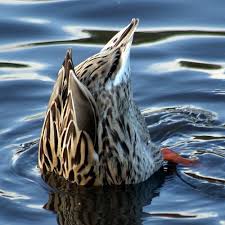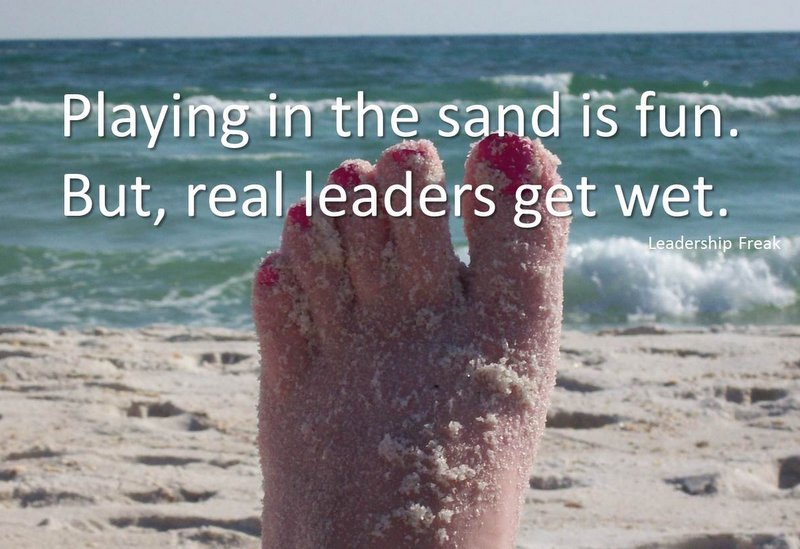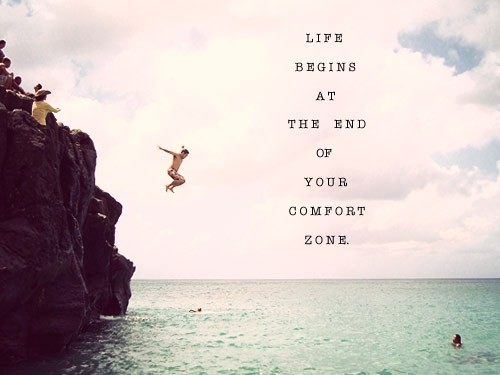We, as humans, certainly have a lot of hobbies. Some of us paint, some of us collect things, some of us travel and some enjoy things as connoisseurs. However, almost every human enjoys ‘dabbling’ in something at one point or the other. Hold on. What exactly is dabbling?
Let’s see. There are two ways to do anything that has methods. One way is to acquire as much knowledge about something as you can and then start doing it in tiny meticulous steps, making sure that everything is done right every step of the way. Another way is to find out about something as little as you can, then jump straight in with both your feet, learning on the go and enjoying the experience despite its flaws. This second method is what I call the art of ‘dabbling’. The term comes from ducks plunging head first into the water and paddling the surface of water! It is also used when a person tries out something with minimal research to see what works for him/her.
Dabbling can lead to embarassing mistakes, retracing and occasionally starting from the scratch. A lot of time and resources may be spent on recovery. While some activities simply do not lend to dabbling, e.g. mountaineering, in most other activities, the fear is mostly in the mind, rather than the consequences of mistakes. The fearful and resistant mind blows the consequences out of proportion and often leads to phrases like, ‘You do not just start off like this if you know nothing about it’. But dabbling is absolutely fun. Let us explore the fine points in the joy of dabbling and why you should be dabbling when the situation allows you to.

Dabbling can teach you more than any other way of learning
Stepping into an activity on our own means that all the experiences are your own. You are there in person to utilise every physical sense. The more senses you put into whatever you learn, the better it sticks in your mind. E.g. think of learning from a book where only your eyes are engaged against learning from an animation with commentary, where your eyes and ears are engaged. You are able to associate sounds to visuals.
Dabbling into something is similar. Watching someone cook on TV engages only your eyes and ears, whereas actually trying out a recipe also brings in your sense of smell, taste and feel. It’s immediately obvious that you learn more by cooking and occasionally burning, over-salting, over-sweetening or making something way too spicy. The combination of unpleasant senses will make sure that you will do a little less wrong the next time. Of course, eventually you do get it right and the sense of triumph is unmatched. That lures you to dabble with more!
Dabbling leads to losses, but not as serious as you think
Public speaking can be nerve-wracking and is unsettling enough to make several people to refuse to do so as a first thought. However, think of what is the worst that’ll happen if you do take up the stage. At worst, you may be ridiculed or chastised for talking rubbish. But you’ll survive and get wiser. At best, people will love what you have to say or at least encourage you to go on when you get stuck and you will have discovered yourself as a public speaker.
As mentioned above, some activities like mountaineering, purchasing your dream house and some form of martial arts are strictly not for dabbling. However most experimentation will at most make you lost some money (not amounting to loss of your life’s savings), waste your time, nick you with tiny injuries or sprain a muscle, embarrass you publicly, render you cashflow-less for a month or two, make you spend a night at a shed, bus stop or a railway station or cause some other resistance-inducing, but not so serious side effects.
By biological hard-wiring, humans care more about averting losses by not taking risks, rather than risking and gaining. If you realise that feeling and stay on top of it, then you will really enjoy dabbling and eventually winning.
Dabbling puts you out of your comfort zone, which is when you should jump in
If you have dabbled, you will notice the thought cloud through which your brain goes through. Some of the thoughts are reasonable, but most of those will be questionable justifications on why you should not go ahead. It is exactly when these thoughts surface that you should push yourself over the line. Think of the time when as a kid you were learning swimming and hesitating to jump in the water, only for an elder to push you into the water before you changed your mind.
When Priya (my wife) wanted to go on her first solo trip from Chennai to Pondicherry, she was hoping that someone would talk her out of it and stop her before she started the trip! No one did. That’s when she realised that it was her own fear. Once she noticed the fear, her thoughts changed and she had the time of her life in that trip.

Considering safety while dabbling
By definition, dabbling is for the inexperienced and there will inevitably be mistakes. Some failures are simply annoyances, but others may cause more severe effects. While really safe people consider dabbling itself as risky, we can arrive at a middle ground by embracing dabbling but not crossing the limits.
Here are a few examples. Mustering the courage and speaking in public is encouraged. But it is better to steer clear of religious views or sensitive topics when in a sizable crowd, since that may permanently damage relations. Travelling as a backpacker to the Himalayas without knowing people, places or the language is highly encouraged, but do pack in sufficient warm clothes and be close to food & water. Do learn to swim, but use a float. Trekking on trails without a guide on unknown routes is fun, as long as you have an assured way to get somewhere safe by dusk. And please drive on a new highway only if you are licensed to, have a spare tyre and have sufficient fuel. Also, it is not a nice thing to dabble with relationships, such as double-dating, cheating or taking your partner for granted. Taking things one step at a time with a person you really feel for and then committing to it is the way to go. Start a new business if you have put away enough savings to last for 3-6 months with your lifestyle or if you have someone who will willingly lend you monetary help. Learning to cook on an electric stove with slippers on your feet to prevent shocks is safer than using a gas stove. At most, your food’ll get burnt, not yourself.
We can go on for other activities such as mountaineering, paragliding, martial arts and so on, where you should really spend time in learning the correct methods and safety precautions before stepping in.
Conclusion
When was the last time that you did something just for fun & learning without caring about the outcome or possible embarrassment. How many things do you dabble in typically in a year? Has dabbling in something taught you stuff you do not learn in classrooms, videos or books? Please let us know in your comments.

interesting post….simple yet profound
Dabbling is so much fun 🙂 that’s why I love travelling. Scary is another name for adventure, we call it scary before and adventure later. Great post 🙂
Yup, that happens to everyone over a lot of new activities. Suddenly we overcome it and then …. we have a story to tell!!!